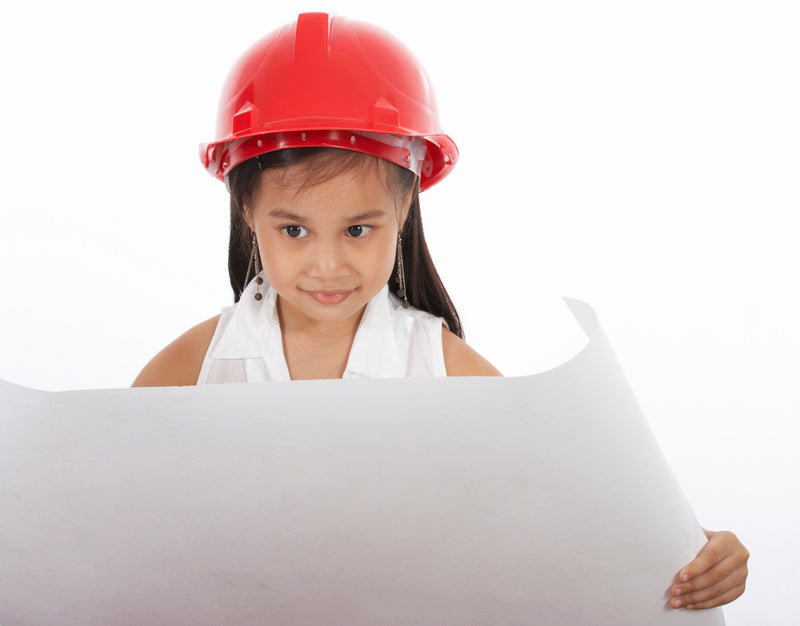
Does Play Therapy Work?
The short answer is, “Yes!” During the past two decades there has been a significant increase in research on play therapy and its efficacy is well demonstrated. A 10 year study completed by Play Therapy UK found positive change occurred for 74% to 83% of children participating in play therapy. Play therapy is a structured approach with a strong theoretical basis, that capitalizes on a child’s inclination to play. The Association for Play Therapy defines play therapy as "the systematic use of a theoretical model to establish an interpersonal process wherein trained play therapists use the therapeutic powers of play to help clients prevent or resolve psychosocial difficulties and achieve optimal growth and development."
The first use of play in therapy dates to the early 1900s. Play therapy differs from regular play in that it encourages children to use their play to address their challenges. In play therapy toys and games are the language used to express thoughts and feelings. Facilitated by the relationship with the therapist play therapy helps children learn more adaptive behaviors. Some of the benefits of play therapy include enhanced communication skills, learning to express feelings, modification of behavior, improved problem-solving skills, and improved relations with peers and family members. By providing “a safe psychological distance” from their challenges and conflicts play therapy gives children an opportunity to express their thoughts and feelings in a way that is consistent with their development.
Play therapy works by allowing children to confront their problems and challenges in a supportive setting in a developmentally appropriate way. There are many strategies for working with children in play therapy. Often children are able to discover their own solutions for dealing with their challenges. In other situations, the therapist provides structured, or semi-structured, play therapy activities that promote social and emotional competence. Children as young as three-years-old can benefit from play therapy and it is often utilized up to early adolescence. Play therapy is recommended as the primary, and first intervention for a variety of childhood issues such as depression, anxiety, and oppositional defiant disorder. It can also be a useful adjunct for children experiencing medical illness, ADHD, autism, and academic difficulties. Play therapy is useful for children experiencing life stressors such as divorce, abuse, neglect, death, or natural disaster.
Play therapy sessions are typically 30-45 minutes. Children may attend as few as 6-8 sessions, or weekly sessions for a year, or longer. While parents are typically not included in these sessions many child therapists meet separately with parents to provide feedback, support, and parent training.
ChildTherapyToys.com provides all the tools needed for play and child therapists. ChildTherapyToys.com distributes toys, books, games, puppets, sand tray miniatures, bop bags, building toys, blocks, dolls, and more. ChildTherapyToys.com also recognizes outstanding contributors to the well-being of children through its Play More Hero Award.
